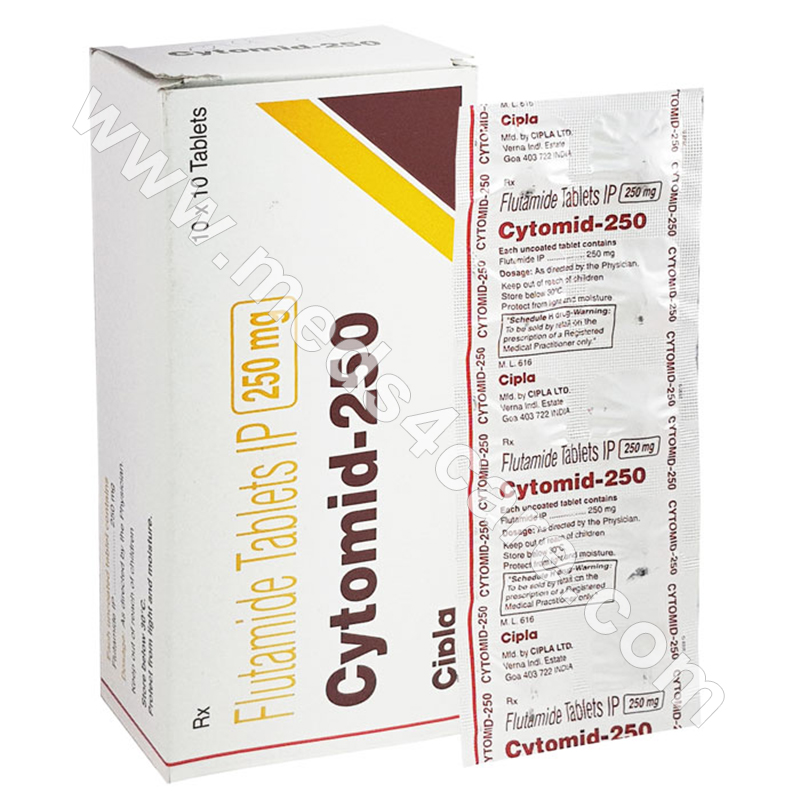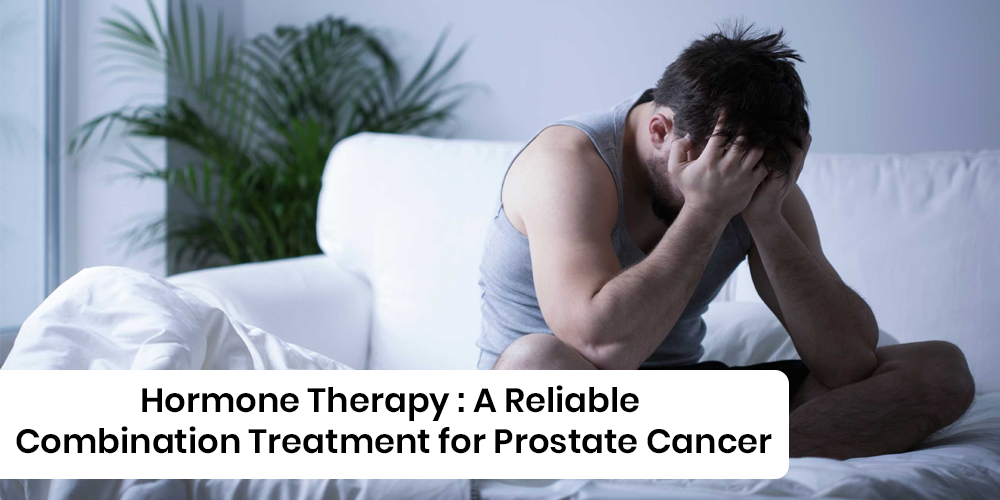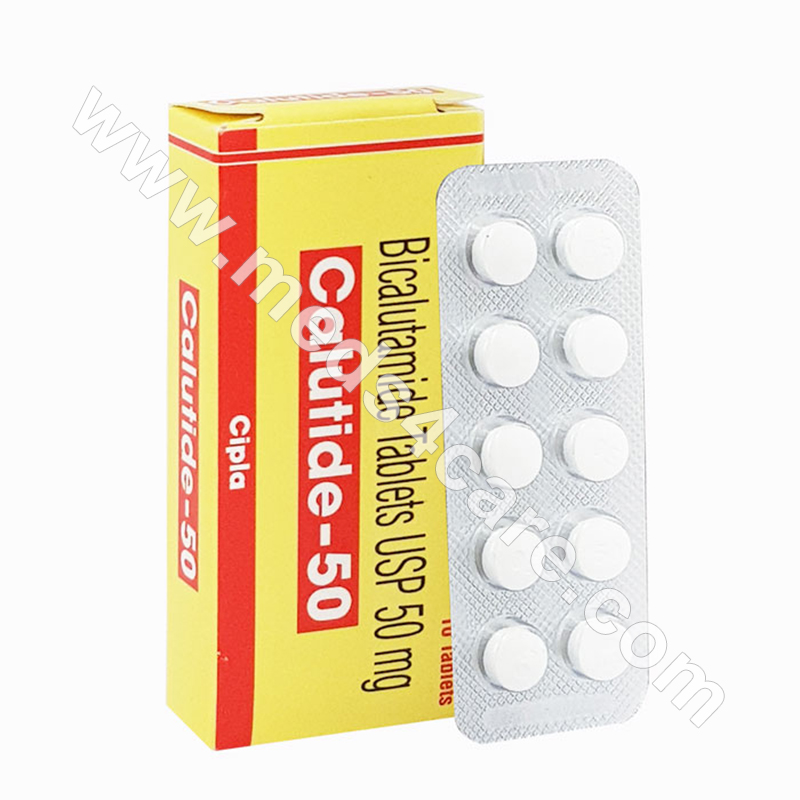Hormone Therapy: A
Reliable Combination Treatment for Prostate Cancer
What are male sex
hormones?
Hormones are materials made by glands in the body that
purpose as chemical signals. They move the actions of cells and tissues at
numerous locations in the body, often attainment their targets by traveling finished
the bloodstream.
Androgens (male sex hormones) are a class of hormones that
regulate the growth and maintenance of male features. Testosterone and
dihydrotestosterone (DHT) are the most plentiful androgens in men. Almost all
testosterone is shaped in the testicles; a small quantity is produced by the
adrenal glands. Also, some prostate cancer cells obtain the ability to make
testosterone from lipid.
How do hormones kindle
the growth of prostate cancer?
Androgens are compulsory for normal growth and meaning of the
prostate, a gland in the male multiplicative system that helps make sperm.
Androgens are also compulsory for prostate cancers to grow. Androgens promote
the growth of both normal and tumorous prostate cells by binding to and
triggering the androgen receptor, a protein that is spoken in prostate cells.
Once activated, the androgen receptor arouses the expression of specific
genetic factors that cause prostate cells to grow.
Early in their development, prostate cancers require
relatively high levels of androgens to produce. Such prostate cancers are
called castration subtle, androgen-dependent, or androgen delicate because
treatments that reduce androgen levels or block androgen activity can constrain
their growth.
Prostate cancers treated through drugs or surgery that block
androgens finally become castration (or castrate) resilient, which means that
they can endure growing smooth when androgen levels in the body are
tremendously low or undetectable. In the past these growths were also called hormone-resistant,
androgen self-governing, or hormone-refractory; however, these footings are
rarely used now because growths that have become castration resilient may
respond to one or more of the fresher ant androgen drugs.
What types of hormone
therapy are used for prostate cancer?
Hormone rehabilitation for prostate cancer can block the
production or use of androgens. Currently, accessible treatments can do so in
several ways:
·
Reducing
androgen production by the testicles
·
Blocking
the action of androgens throughout the body
·
Block
androgen production (synthesis) throughout the body
Treatments that decrease androgen production by the testicles
are the most normally used hormone therapies for prostate cancer and the first
kind of hormone therapy that the greatest men with prostate cancer receive.
This form of hormone therapy (also called androgen deficiency therapy, or ADT)
includes:
Orchiectomy, a surgical process to remove one or both
testicles. Removal of the testicles can decrease the level of testosterone in
the blood by 90 to 95%. This type of treatment, called medical castration, is
permanent and irreparable. A type of orchiectomy called subcapsular orchiectomy
removes only the matter in the testicles that produce androgens, rather than
the complete testicle.
Drugs baptized luteinizing hormone-releasing hormone (LHRH)
agonists, which prevent the release of a hormone called luteinizing hormone.
LHRH agonists, which are occasionally called LHRH analogs, are synthetic
proteins that are structurally like to LHRH and bind to the LHRH receptor in
the pituitary gland. (LHRH is also recognized as gonadotropin-releasing hormone
or GnRH, so LHRH agonists are also called GnRH agonists.)
Normally, when androgen levels in the form are low, LHRH
stimulates the pituitary gland to produce the luteinizing hormone, which in
turn arouses the testicles to produce androgens. LHRH agonists, like the body’s
own LHRH, originally stimulate the production of luteinizing hormone. However,
the sustained presence of high levels of LHRH agonists causes the pituitary
gland to stop creating luteinizing hormone, and as a result, the testicles are
not enthused to produce androgens.
Treatment with an LHRH agonist is called medical castration
or chemical castration because it uses drugs to achieve the same thing as
surgical castration (orchiectomy). But, unlike orchiectomy, the belongings of
these drugs on androgen production are rescindable. Once treatment is stopped,
androgen production usually recommences.
LHRH agonists are assumed by injection or are implanted below
the skin. Four LHRH agonists are accepted to treat prostate cancer in the
United States: leuprolide, goserelin, triptorelin, and histrelin.
When patients obtain an LHRH agonist for the first time, they
may knowledge a phenomenon called "testosterone flare." This
temporary upsurge in testosterone level happens because LHRH agonists
fleetingly cause the pituitary gland to secrete extra luteinizing hormone
before obstructive its release. The flare may worsen clinical symptoms, which
can be a specific problem in men with advanced prostate cancer. The upsurge in
testosterone is usually contradicted by giving another type of hormone therapy
called ant androgen therapy lengthways with an LHRH agonist for the first few
weeks of treatment.
Drugs called LHRH antagonists, which are an additional form
of medical castration. LHRH adversaries (also called GnRH antagonists) prevent
LHRH from compulsory to its receptors in the pituitary gland. This stops the
secretion of luteinizing hormone, which stops the testicles from producing
androgens. Unlike LHRH agonists, LHRH adversaries do not cause a testosterone
blaze.
One LHRH adversary, degarelix, is currently approved to treat
progressive prostate cancer in the United States. It is given by injection.
Estrogens (hormones that promote female sex characteristics).
Though estrogens are also able to inhibit androgen manufacture by the
testicles, they are seldom used today in the action of prostate cancer because
of their side effects.
Treatments that chunk the action of androgens in the body
(also called antiandrogen therapies) are characteristically used when ADT stops
working. Such treatments include:
Androgen receptor blockers, which are drugs that contest with
androgens for binding to the androgen receptor. By competing for binding to the
androgen receptor, these treatments decrease the ability of androgens to
promote prostate cancer cell development.
Because androgen receptor blockers do not hunk androgen
production, they are rarely used on their individual to treat prostate cancer.
Instead, they are used in a mixture with ADT (either orchiectomy or an LHRH
agonist). The use of an androgen receptor blocker in grouping with orchiectomy
or an LHRH agonist is called mutual androgen blockade, complete androgen
blockade, or total androgen blockade.
Androgen receptor blockers that are accepted in the United
States to treat prostate cancer include flutamide, enzalutamide, apalutamide, Bicalutamide 50mg, and nilutamide. They are assumed as
pills to be swallowed.
Treatments that block
the production of androgens through the body include:
Androgen mixture inhibitors, which are drugs that stop the
production of androgens by the adrenal glands and prostate cancer cells
themselves, as well as by the testicles. Neither medical nor surgical
castration prevents the adrenal glands and prostate cancer cells from creating
androgens. Even though the quantities of androgens these cells produce are
unimportant, they can be enough to support the growth of certain prostate
cancers.
Androgen mixture inhibitors can lower testosterone heights in
a man's body to a greater degree than any other known treatment. These drugs
block testosterone production by constraining an enzyme called CYP17. This
enzyme, which is found in testicular, adrenal, and prostate tumor tissues, is
required for the body to produce testosterone from cholesterol.
Three androgen synthesis inhibitors are accepted in the United
States: abiraterone acetate, ketoconazole, and aminoglutethimide. All are
assumed as pills to be swallowed.
How is hormone therapy
used to treat prostate cancer?
Early-stage prostate cancer with an intermediate or high risk
of reappearance. Men with early-stage prostate cancer that has a midway or high
risk of recurrence often receive hormone treatment before, during, and/or after
radiation therapy, or they may receive hormone therapy after prostatectomy.
Factors that are used to regulate the risk of prostate cancer recurrence
include the tumor's grade, the extent to which the tumor has spread into nearby
tissue, and whether tumor cells are found in close lymph nodes during surgery.
Progressive or metastatic prostate cancer. Hormone treatment
used alone is the standard treatment for men who originate to have metastatic
when their prostate cancer is first diagnosed. Clinical trials have exposed
that such men survive longer when treated with ADT plus abiraterone/prednisone,
Enzalutamide 40mg, or apalutamide than when treated with ADT alone (14–17). However,
because hormone therapy can have considerable side effects, some men prefer not
to take hormone treatment until symptoms develop.
What are the treatment
choices for castration-resistant prostate cancer?
Treatments for castration-resistant prostate cancer include:
·
Complete
androgen obstruction, that is, androgen receptor blockers (Flutamide 250mg,
bicalutamide, nilutamide, apalutamide, or enzalutamide) positive ADT
·
Androgen
synthesis reserve with abiraterone plus ADT
·
Immunotherapy
using a cell-based vaccine named sipuleucel-T. This vaccine uses a man’s
resistant cells to fight metastatic prostate cancer with few or no symptoms
that have developed resistance to hormone therapy.
·
Chemotherapy,
most usually with the drug docetaxel. Another drug, cabazitaxel, is accepted
for the treatment of metastatic castration-resistant prostate cancer that was
before treated with docetaxel.
·
Radium
223 dichloride, a radiopharmaceutical accepted to treat men with
castration-resistant prostate cancer that has metastasized (spread) to the
bones and is producing symptoms but has not to feast on other organs. This drug
collects in parts of the bone that are undergoing increased income, such as
where bone metastases are forming and gives off energy that kills cancer cells.
Treatment of prostate
cancer
Prostate Medicine, Prostate Cancer
Medicine




